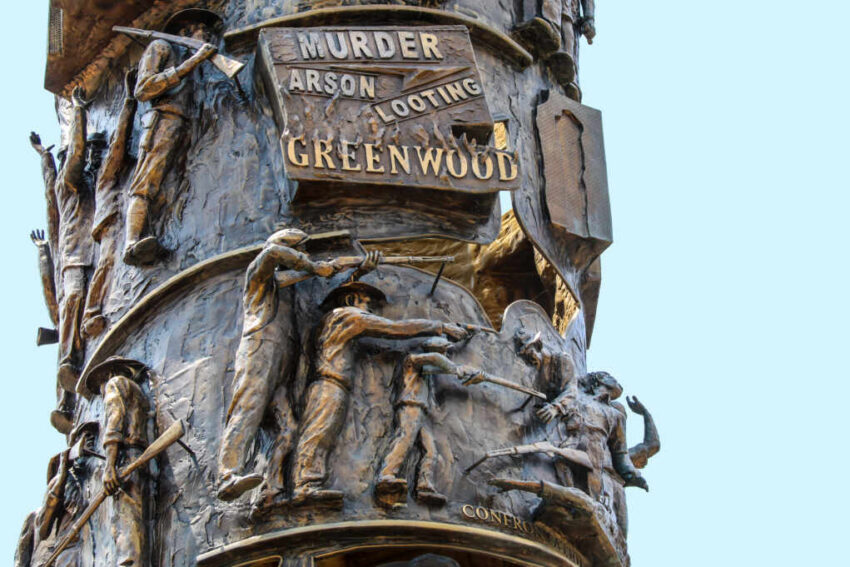Arkansas’ controversial ban on critical race theory suddenly charges forward, raising the stakes in the national debate over education and free speech.
At a Glance
- The 8th U.S. Circuit Court of Appeals has lifted an injunction, allowing Arkansas to enforce its ban on “indoctrination” and Critical Race Theory in schools.
- The law’s broad language has ignited legal challenges from teachers and students, who claim it suppresses free speech and historical accuracy.
- Governor Sarah Huckabee Sanders, who signed the ban into law, celebrated the ruling as a “big win for common sense.”
- Opponents warn the ban will lead to self-censorship and hinder honest discussions about American history and race.
A Chilling Decision for Free Speech in the Classroom
In a decisive blow to educators and civil rights advocates, the 8th U.S. Circuit Court of Appeals has ruled that Arkansas can enforce its controversial ban on teaching Critical Race Theory (CRT). The ruling, issued on July 16, removes a temporary injunction that had blocked the law, which is part of Governor Sarah Huckabee Sanders’s sweeping education overhaul, the LEARNS Act.
The court argued that students do not have a First Amendment right to compel the state to offer specific instruction in public schools, effectively giving the government broad power to control curriculum. Supporters have hailed the decision, while opponents warn it will have a chilling effect on truthful education.
A Battle at a Civil Rights Landmark
The lawsuit against the ban was brought by two teachers and two students from Little Rock Central High School, the historic site of the 1957 desegregation crisis. They argue that the law is unconstitutionally vague and suppresses free speech, forcing them to censor classroom discussions about race and history for fear of losing their teaching licenses.
Attorney Mike Laux, who represents the plaintiffs, voiced dismay over the court’s decision. “It gives us pause and concern about a steady erosion of individual rights and protections in this great country,” he said in a statement.
The Vague Law and its Broad Consequences
A key criticism of the Arkansas law is that it fails to even define what “Critical Race Theory” is, leaving educators in a state of uncertainty. Civil rights groups and organizations like the NAACP argue the ban’s vague language is a deliberate tactic to intimidate teachers and suppress any discussion of systemic racism or uncomfortable historical truths.
As Arkansas moves to enforce the ban, schools now face the difficult task of evaluating their curricula to avoid running afoul of the law. For teachers, it creates a troubling landscape where they must balance their professional duty to teach factual history against the threat of punitive state action. The long-term impact on an entire generation’s understanding of their country’s history remains a grave concern.
Huge news out of the 8th Circuit! Arkansas is now CLEARED to enforce its ban on Critical Race Theory and keep woke indoctrination out of schools.
Big win for common sense, education freedom – and parents who just want our schools to teach kids how to think, not what to think.— Sarah Huckabee Sanders (@SarahHuckabee) July 16, 2025
Click this link for the original source of this article.
Author: Editor
This content is courtesy of, and owned and copyrighted by, https://republicanpost.net and its author. This content is made available by use of the public RSS feed offered by the host site and is used for educational purposes only. If you are the author or represent the host site and would like this content removed now and in the future, please contact USSANews.com using the email address in the Contact page found in the website menu.








